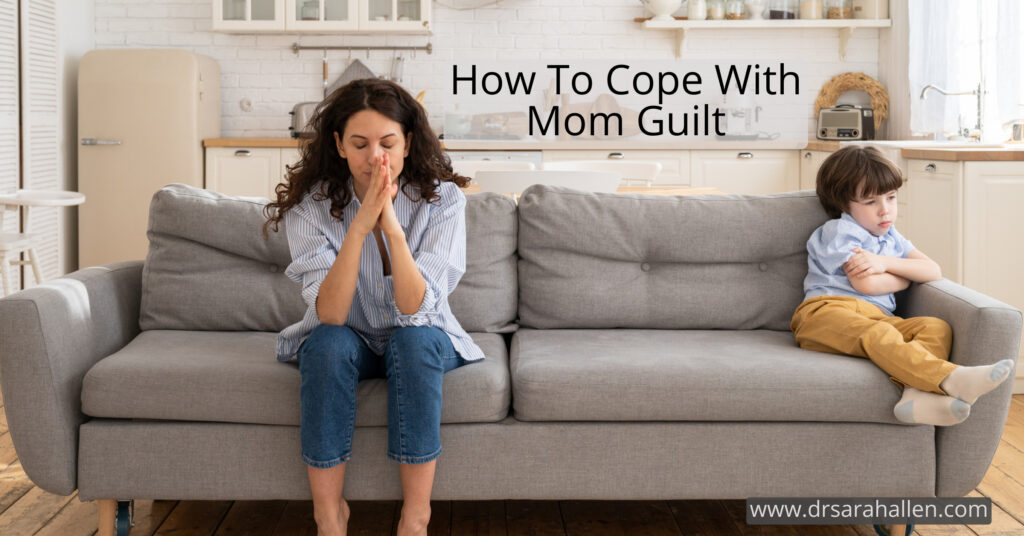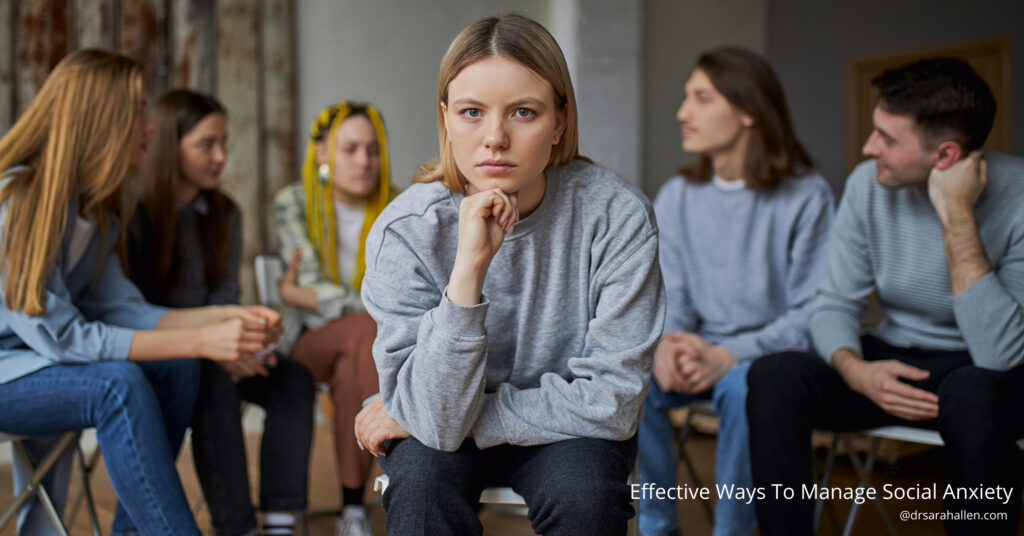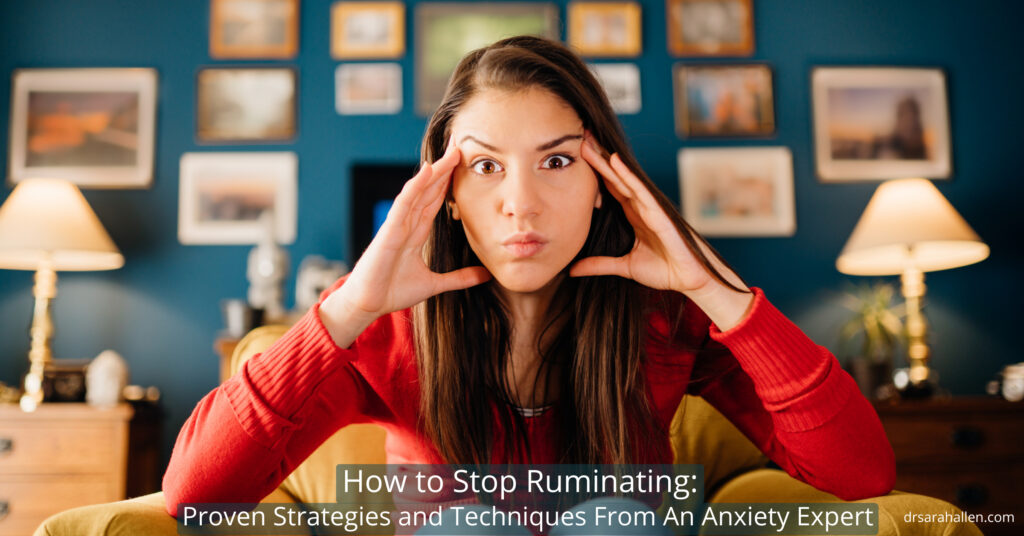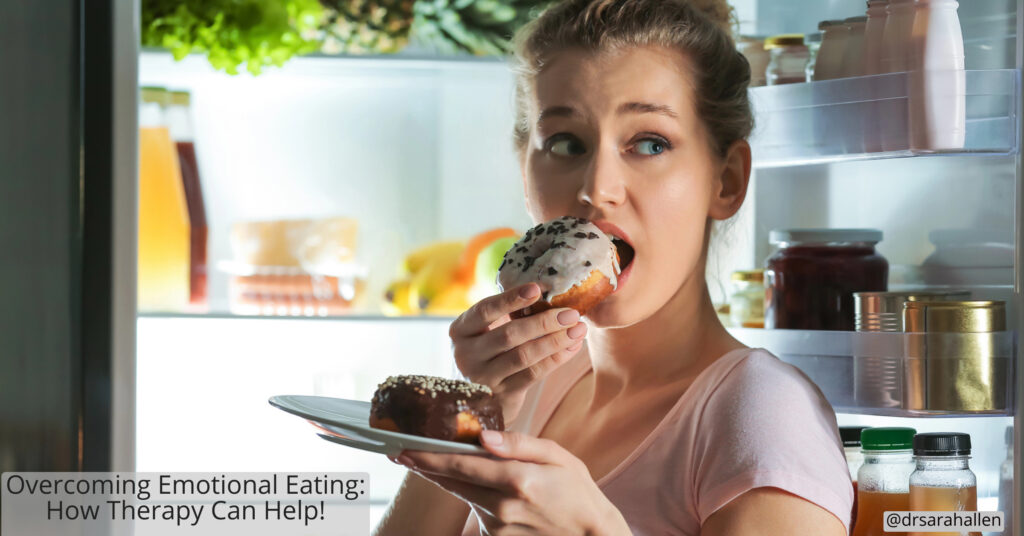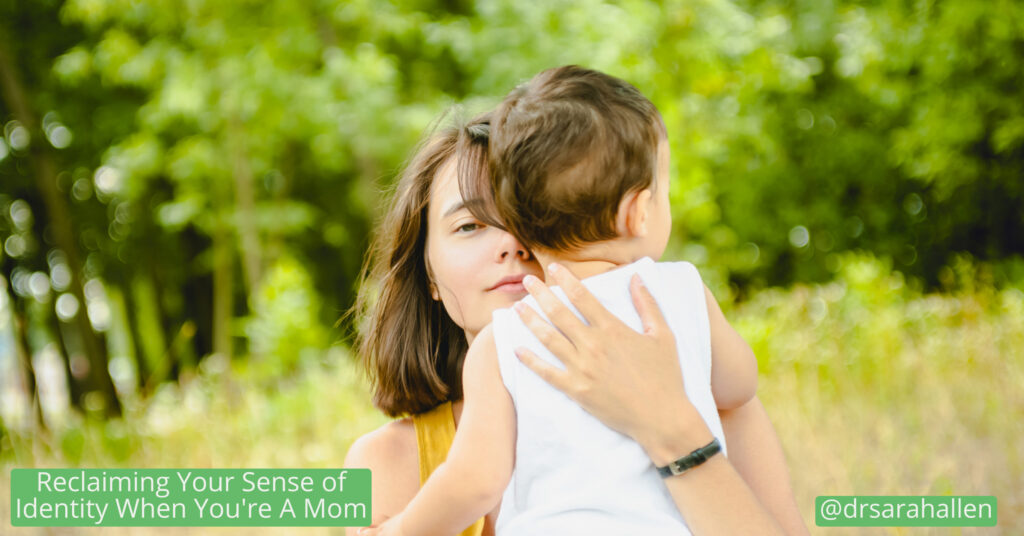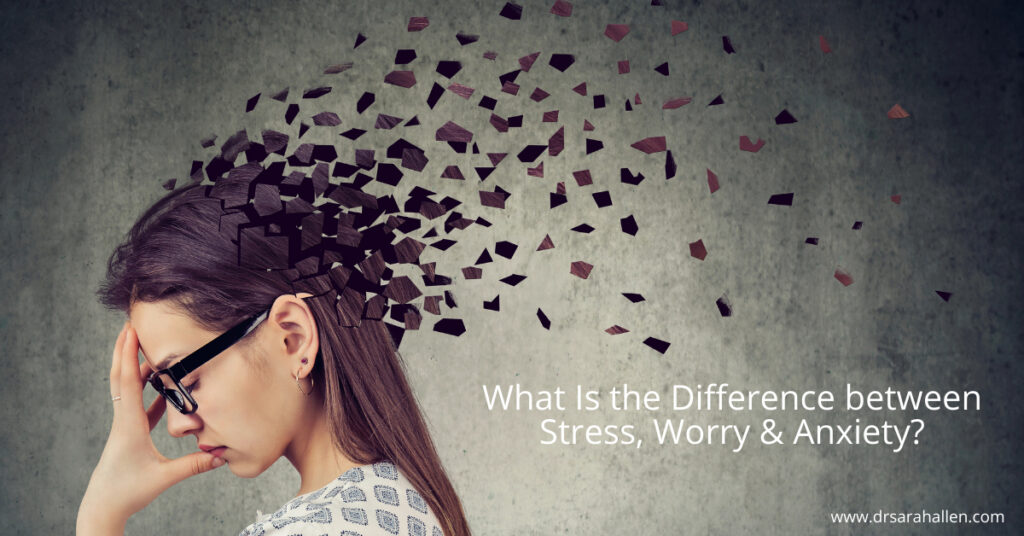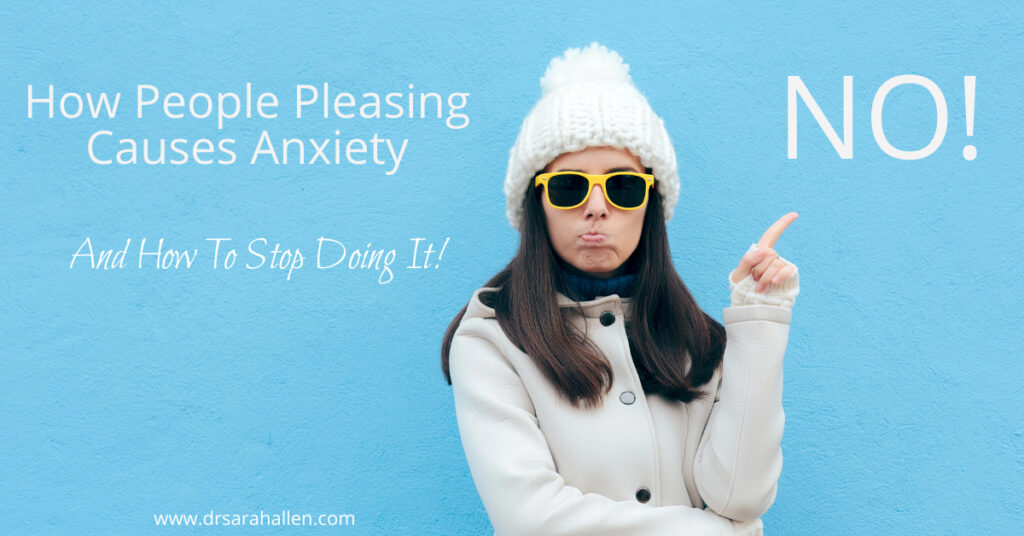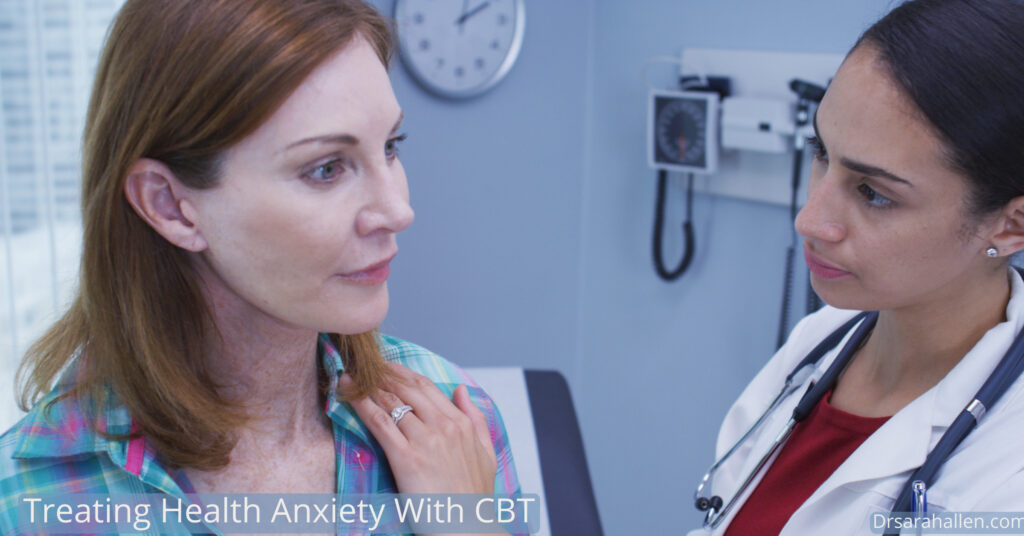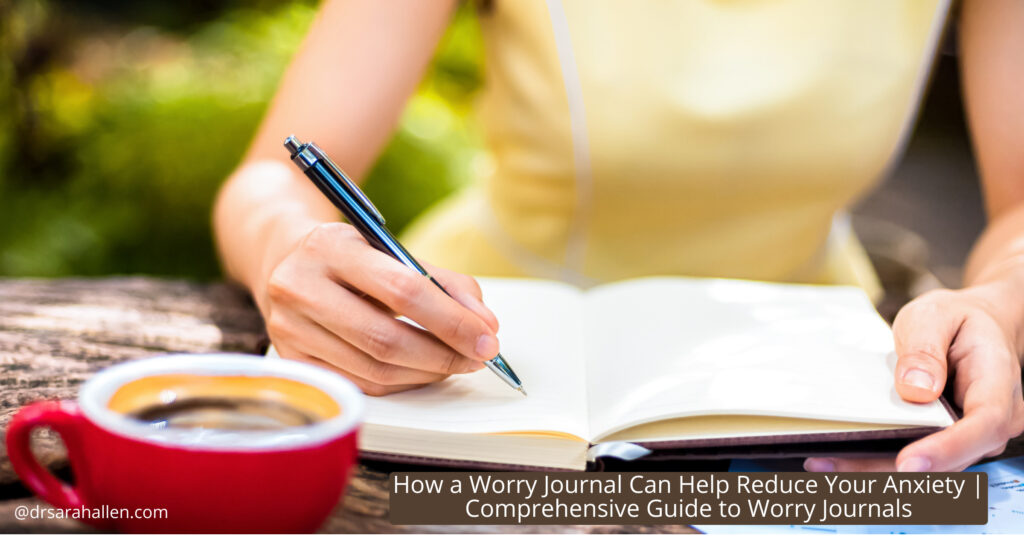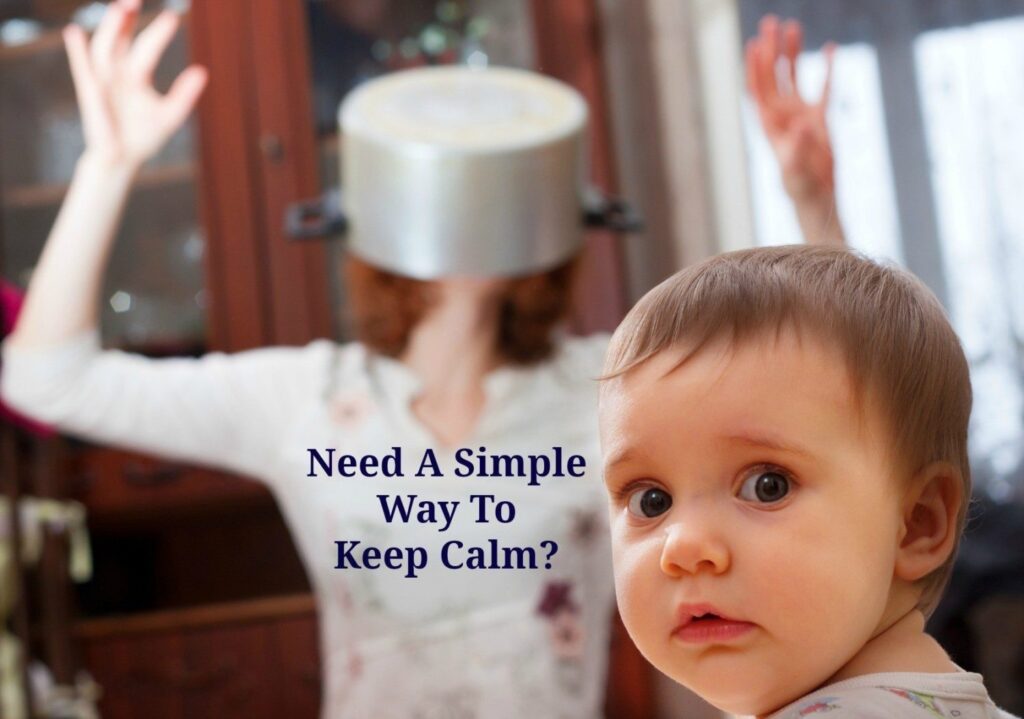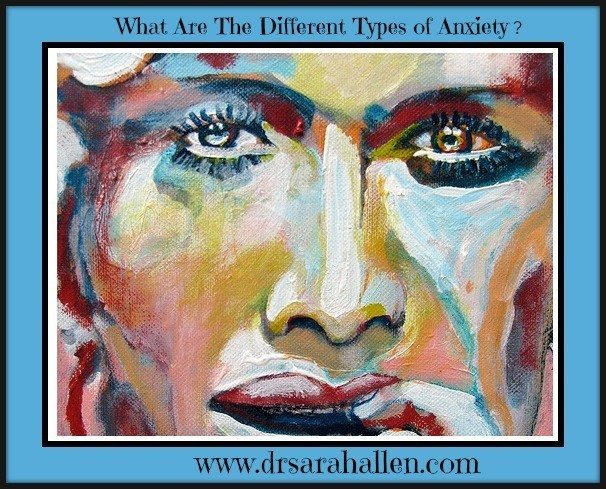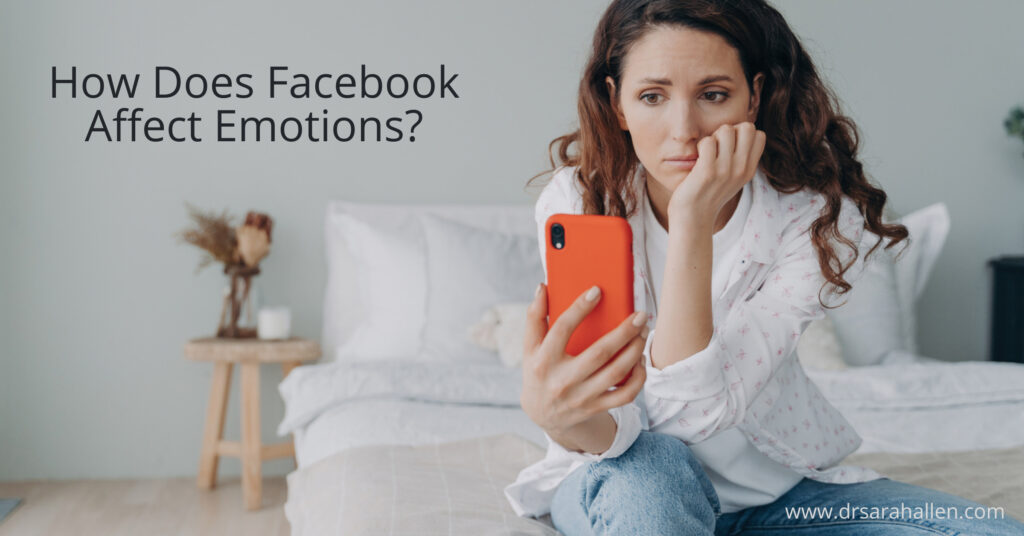
During this article I discuss Facebook, but everything I talk about is also relevant for other social media platforms.
Facebook has become a big part of many people’s lives. It helps you stay connected with friends and family, share moments, and keep up with what’s happening in the world. But did you know that spending time on social media can also affect your emotions? Understanding how Facebook impacts your feelings can be important for your mental well-being.
On one hand, Facebook offers a way to bond with others and feel less lonely. Positive interactions can boost your mood and make you feel happy. On the other hand, constantly comparing yourself to others or reading negative posts can bring down your mood and lead to feelings of sadness or anxiety.
By being aware of how Facebook influences your emotions, you can take steps to make your experience more positive. In this article, you will learn about both the good and the bad effects of Facebook on your feelings and get practical tips to help you manage your emotions while using the platform.
Overview of How Facebook Impacts Emotions
Facebook can have a strong influence on how you feel. When you log in, you are exposed to many types of content, from heartwarming stories to distressing news. This variety can lead to a mix of emotions, some positive and some negative.
One way Facebook impacts emotions is through social comparison. Looking at friends’ posts about their achievements or vacations may make you feel envious or inadequate. On the other hand, seeing posts that reflect your own experiences or struggles can make you feel understood and less alone.
Interacting with others on Facebook can also affect your mood. Positive interactions, such as comments and likes, can boost your self-esteem and make you feel good. Conversely, negative interactions, like unfriendly comments or a lack of engagement, can lead to feelings of rejection and sadness.
Positive Emotional Effects of Facebook
Facebook can have several good effects on emotions. Here are some positive ways Facebook can make you feel better:
1. Connection with Loved Ones: Staying in touch with friends and family through likes, comments, and messages can make you feel connected, even if you are miles apart.
2. Supportive Communities: Many people find groups on Facebook where they can share experiences and get support. This sense of belonging can lift your spirits and provide comfort.
3. Celebrating Achievements: Sharing milestones, like birthdays or personal achievements, allows friends to celebrate with you, bringing joy and a sense of accomplishment.
4. Entertainment and Positivity: Engaging with funny videos, inspiring stories, or uplifting posts can brighten your day and provide a distraction from negative thoughts.
By focusing on these positive aspects, you can use Facebook in a way that supports your mental health and enhances your emotional well-being.
Negative Emotional Effects of Facebook
While Facebook can have uplifting effects, it can also trigger negative emotions. It’s essential to recognize these potential downsides so you can handle them better:
1. Comparative Stress: Constantly seeing posts about others’ successes can make you feel like you are not measuring up. This can lead to feelings of inadequacy and low self-esteem.
2. Isolation and Loneliness: Ironically, spending too much time on Facebook can make you feel more isolated. Reading posts but not engaging in meaningful interactions can deepen feelings of loneliness.
3. Exposure to Negative Content: Facebook is filled with a mix of content. Constant exposure to sad news, arguments, or distressing posts can cause anxiety and sadness.
4. Cyberbullying and Negative Interactions: Encountering rude comments or contentious debates can also harm your emotional state. Negative interactions can leave you feeling attacked or dismissed.
It’s crucial to be mindful of these pitfalls. By recognizing these patterns, you can take steps to ensure your time on Facebook does not negatively impact your emotions.
Tips to Manage Your Emotions on Facebook
Managing your emotions while using Facebook is about making conscious choices and setting boundaries. Here are practical tips to keep your online experience positive:
1. Limit Your Time: Set specific times of the day to check Facebook. Limit your overall time to avoid excessive scrolling.
2. Curate Your Feed: Unfollow or mute accounts that frequently post negative content. Follow pages and people who inspire and uplift you.
3. Engage Meaningfully: Focus on interactions that add value to your life. Comment on posts, share your thoughts and connect genuinely with friends.
4. Be Mindful of Your Reactions: Notice how different types of posts make you feel. If something consistently brings you down, take steps to avoid it.
5. Take Breaks: It’s okay to take breaks from Facebook if you feel overwhelmed. Use this time to engage in offline activities like reading, exercising, or spending time with family.
By integrating these tips into your daily routine, you can use Facebook in a way that supports your emotional health.
Remember, other people’s lives are not really one long party, but they tend to post about that and not that they went to work, made dinner and collapsed watching TV.
Facebook, and other social media platforms, can significantly impact your emotions, both positively and negatively. While it offers unique ways to connect and find support, it can also lead to feelings of inadequacy, isolation, and stress. Humans are wired to make social comparisons and Facebook gives us access to a huge pool of information about other people that we weren’t faced with before social media. The important thing to remember though is most people only post their best side on Facebook so if you compare your everyday self to other people in their best moments, you are typically going to come up short, anybody would too!
By understanding these effects and paying attention to how Facebook makes you feel and taking active steps to manage your reactions you can help protect your emotional well-being. It’s important to approach social media use mindfully, ensuring that it adds value to your life rather than detracting from it.
If you find your self esteem suffers, or you feel overwhelmed after spending time on Facebook, I can help. I have many articles about anxiety, depression and self-esteem on my website or reach out to make an appointment for counseling to help you navigate these issues and start your journey towards better emotional health and well-being.

If you have any questions, or would like to set up an appointment to work with me and learn how to reduce anxiety, please contact me at 847 791-7722 or on the form below.
If you would like to read more about me and my areas of specialty, please visit Dr. Sarah Allen Bio.
Dr. Allen’s professional license only allows her to work with clients who live in IL & FL & the UK and unfortunately does not allow her to give personalized advice via email to people who are not her clients.
Dr. Allen sees clients in person in her Northbrook, IL office or remotely via video or phone.

What Can I Read That Helps Me While I Am Waiting For My First Appointment With Sarah?
Download this free booklet to gain valuable insights and practical strategies for managing anxiety and worrying.







